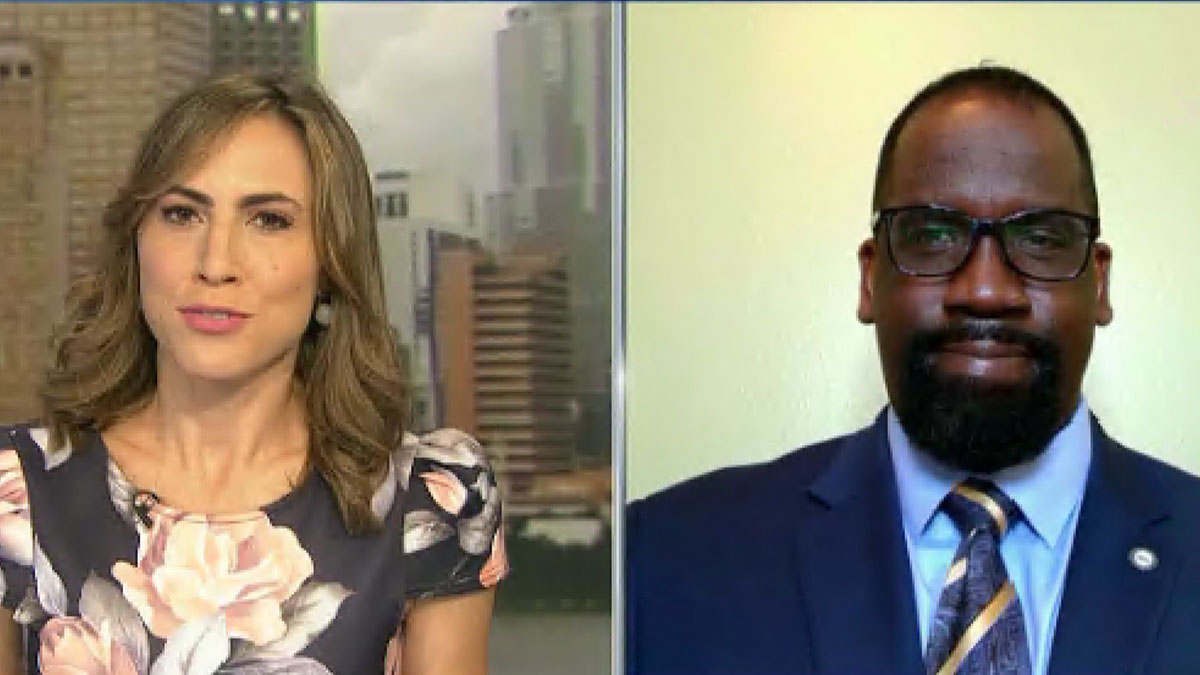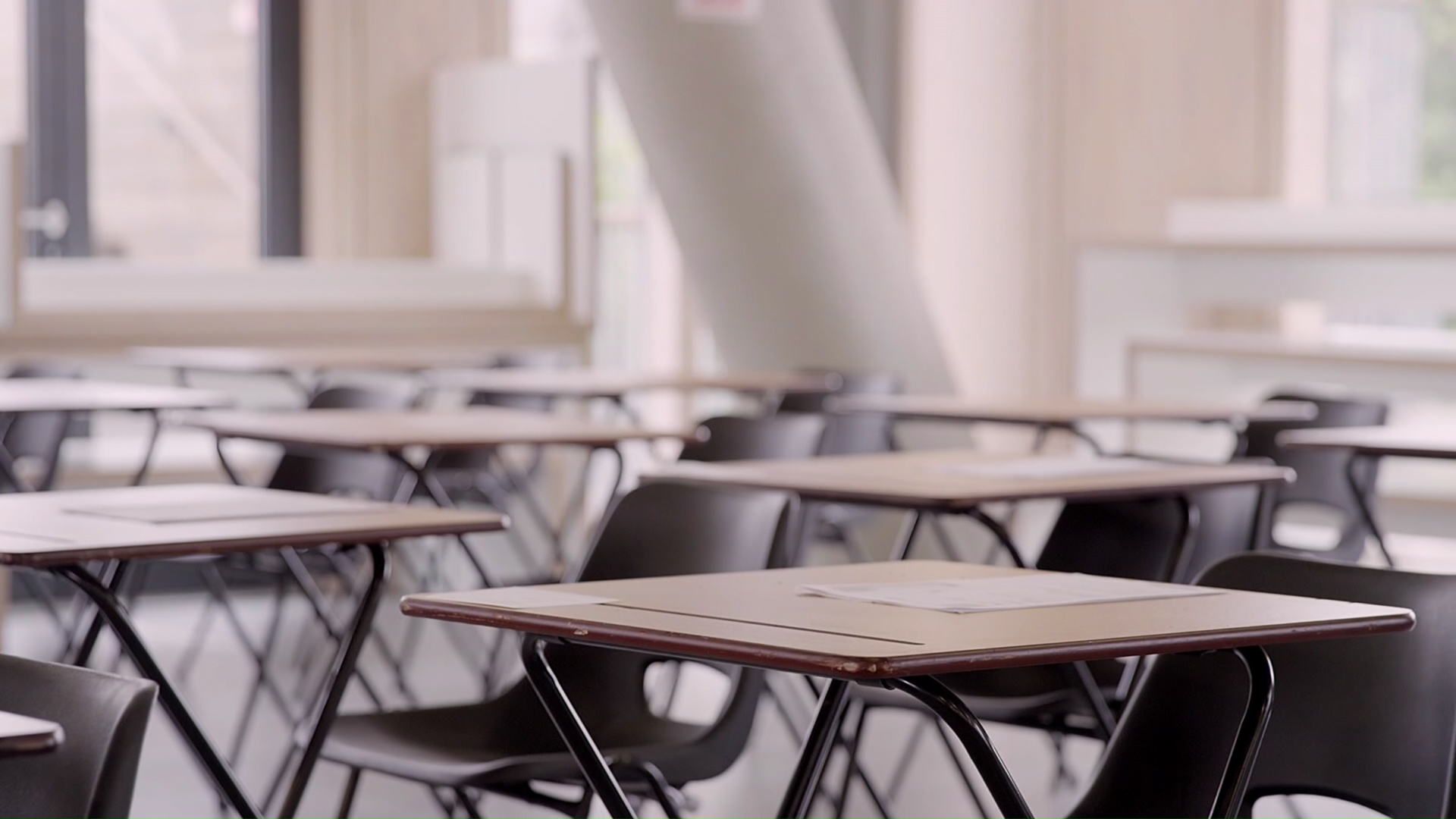While Broward County Public Schools has already announced it will start the school year with virtual learning, the Miami-Dade district is still carefully calculating its move toward reopening.
Miami-Dade Schools Superintendent Alberto Carvalho met with Lt. Gov. Jeanette Nuñez and a team of representatives from the CDC and FEMA on Wednesday to discuss the district's position to reopen next month.
NBC 6 anchor Roxanne Vargas spoke with Carvalho Thursday about what returning to school could look like.
Roxy: You met with a team from the CDC, FEMA and Lt. Gov. Nuñez as well. what was the big takeaway on Miami-Dade County's position to reopen in August?
Carvalho: I think the meeting was an open-ended meeting. It was really an affirmation of our reopening plans which are scientifically based, are data-driven. Taking into account not only CDC recommendations, but also state and local health department recommendations. It hinges basically on a number of models: one, a five-day-a-week schoolhouse model, as long as health conditions locally allow it. Secondly, a distance learning model that is much improved from what parents experienced at the end of last year with continuous, remote instruction, and then the possibility of a hybrid model with alternating cycles.
Roxy: We also did hear Gov. Ron DeSantis is pushing for schools to reopen -- but also saying that if a district needs to wait, to go ahead and hold. Do you see our district falling into that category?
Carvalho: I was appreciative of the comments that Gov. DeSantis made. He emphasized parental choice, and that is something that we are strong on. We are a choice district. Secondly, we already have a start date that’s a little later than Broward and Palm Beach, but we may very well take advantage of that additional flexibility and perhaps push the start of the school year, regardless of modality until maybe August 31. That affords us one additional week, and that, quite frankly, allows us to continue to monitor hopefully the downward trend of positivity rates in our community.
Roxy: There is a lot of anxiety for everyone here across the board about returning to in-class lessons. Our teachers as well, who are with our children in the classroom.
Carvalho: Absolutely, and that's why we are taking a compassionate, scientific approach to this problem. We are not rushing into decisions. We are having direct conversations with teachers, with employees. We continue to survey our teachers on their viability to continue to do their work. Then we’re going to do that hard match between the option that parents selected for their child with the viability of our workforce, recognizing that some will be teaching from home because of an underlying condition.
Roxy: What’s the state of the readiness to execute this new normal for the start of the school year?
Carvalho: So I believe our readiness level is far as connectivity, device, internet access is quite high. Our main concern is around the environmental conditions that our community continues to face. It is my plan to bring to the board additional information and perhaps some additional recommendations some time between July 29 and August 3. That still leaves us about a month before the projected start of the school year, which at this point is August 24. It makes no sense, as the governor said, to rush toward a position that quite frankly could undermine the safety and wellbeing of our workforce and our students.



